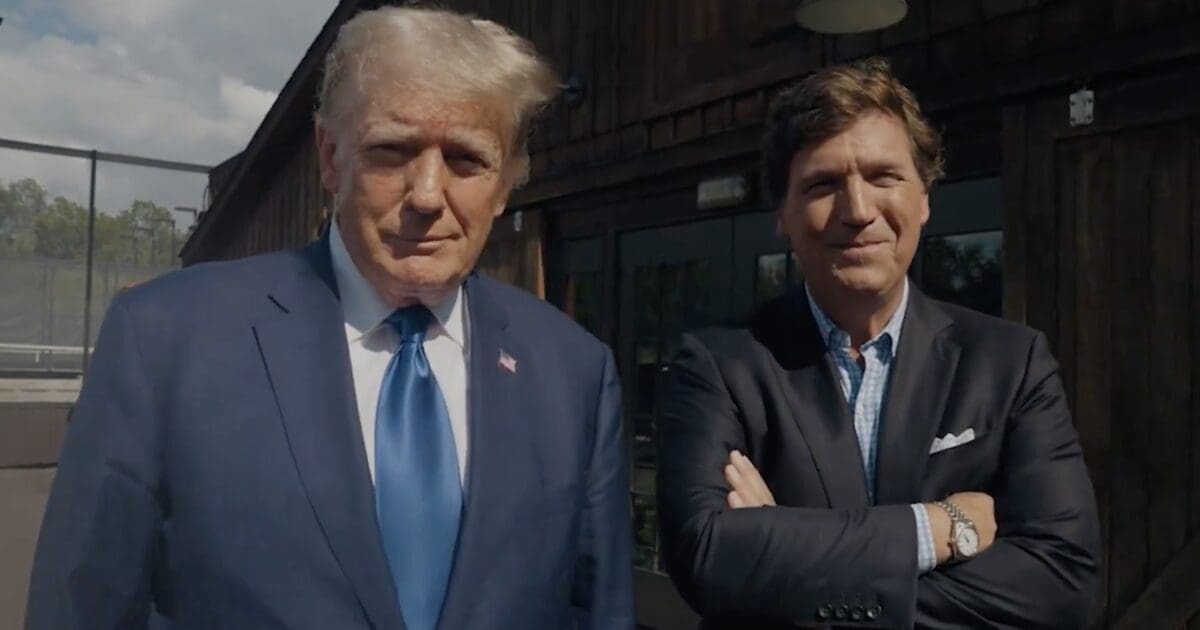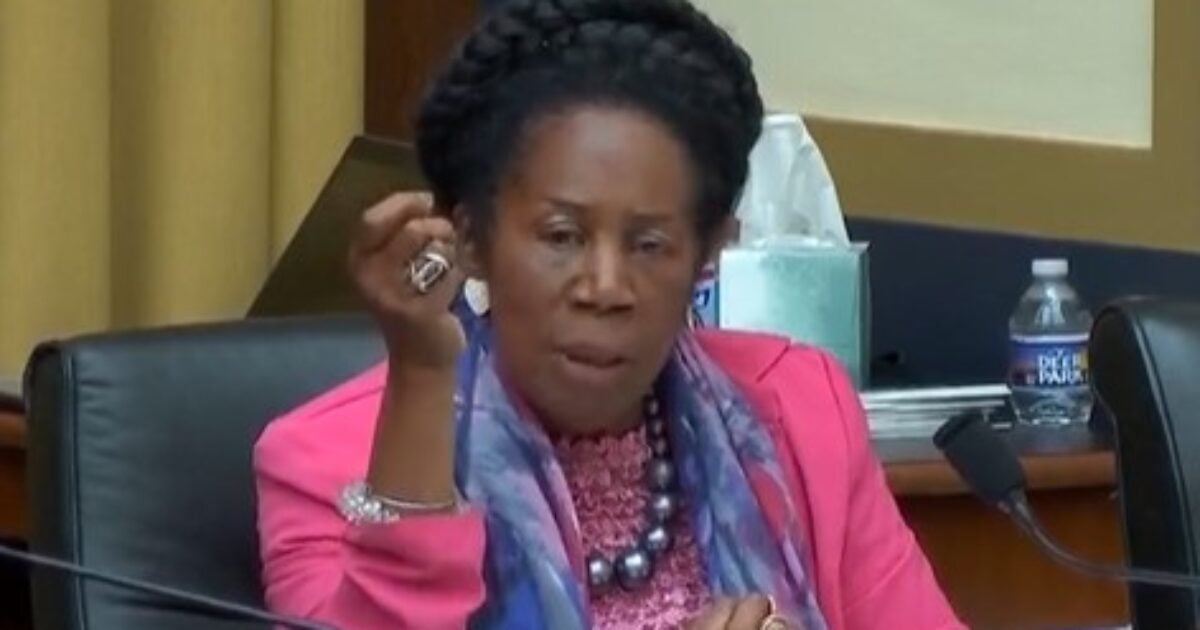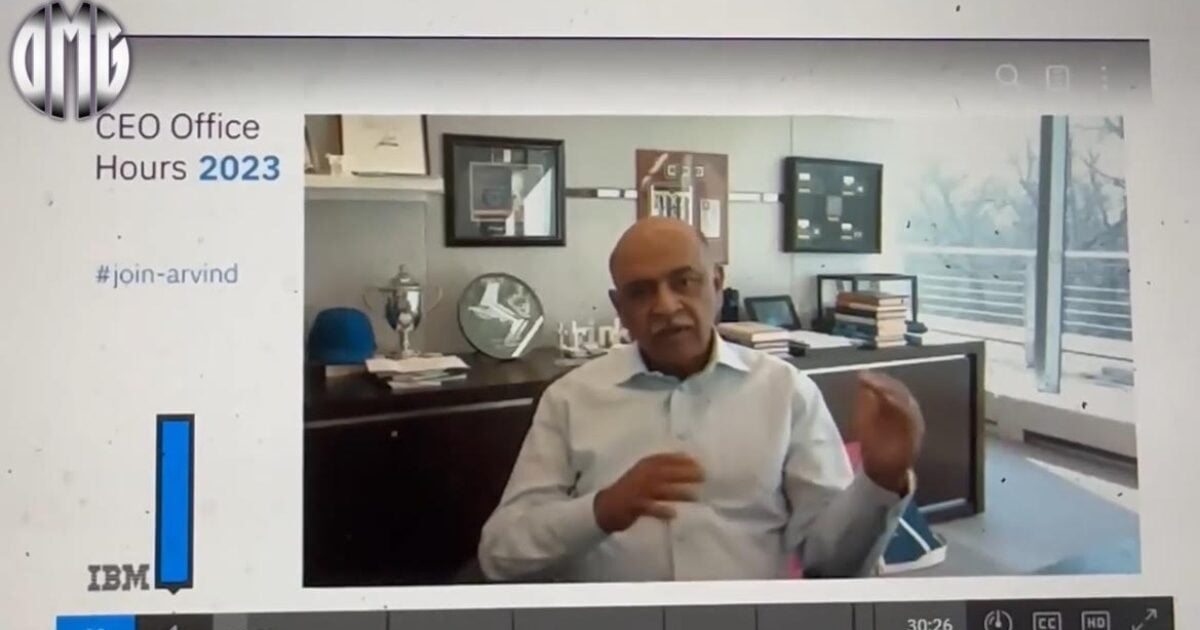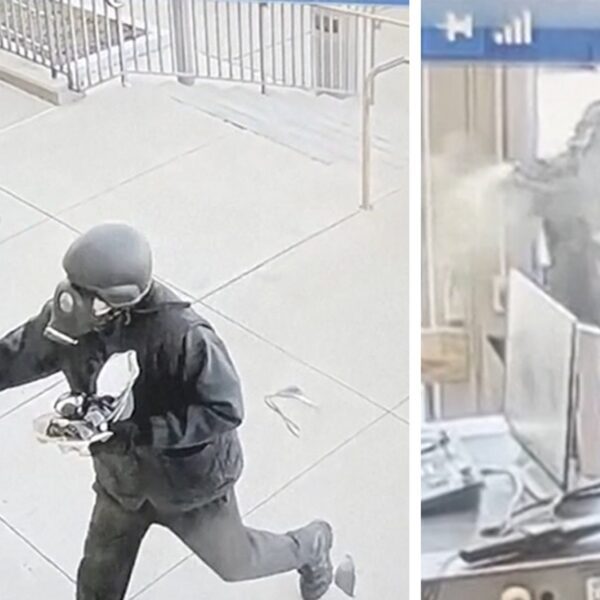In recent weeks, a dark cloud of uncertainty has enveloped German politics following the sudden deaths of four candidates from the Alternative for Germany (AfD) party in North Rhine-Westphalia, just before the municipal elections scheduled for September 14, 2025.
This state, Germany’s most populous with 18 million inhabitants, is preparing for elections now overshadowed by tragedy and controversy. Authorities have ruled out criminal activity, but the timing and political context have sparked speculation and tensions in a country where violence against politicians is on the rise.
Alice Weidel, the party’s leader, confirmed the news on Sunday via her social media. “Four AfD candidates have died,” she wrote on her X account, sharing a link to media reports and expressing dismay over the loss of these members, described as healthy and active individuals, with no known chronic illnesses in most cases. The causes of death have not been disclosed.
What is happening in Germany? The deceased candidates are Ralf Lange (66, Blomberg), Wolfgang Seitz (59, Rheinberg), Stefan Berendes (59, Bad Lippspringe), and Wolfgang Klinger (71, Schwerte), along with two reserve list candidates, according to press reports.
These deaths, occurring within a two-week period ending August 31, have forced the invalidation of mail-in votes and the reprinting of ballots in several cities, disrupting the electoral process.
The German Interior Ministry noted that candidates from other parties, such as the Greens and Social Democrats, have also died, though not with the same numerical or media intensity.
Police have emphasized there is no evidence of criminal activity, attributing the deaths to natural or unforeseen causes, such as heart attacks or pre-existing medical conditions in at least two cases.
However, the proximity of the dates and the political profile of the deceased have fueled theories on social media, particularly among AfD supporters, who see these events as a possible covert attack on their party.
AfD, classified as a far-right party by the Federal Office for the Protection of the Constitution (BfV), has experienced unprecedented growth. In the February 2025 federal elections, it secured a historic 20.8% of the vote, establishing itself as the country’s second-largest political force.
In North Rhine-Westphalia, polls place AfD at 15% voter intention, a significant leap from 7% in 2021.
This growth, driven by its anti-immigration stance and criticism of the establishment, has deepened polarization.
Yet, the party faces political isolation, as most traditional forces, led by Friedrich Merz’s CDU/CSU, maintain a “cordon sanitaire” that rules out any coalition with AfD.
The situation raises critical questions. The deaths of these candidates, combined with persistent violence and AfD’s political isolation, reflect a climate of hostility that cannot be ignored.
The German political establishment, by sidelining AfD, may be underestimating the discontent of millions of voters who see the party as a voice for their concerns. Democracy must be protected, but it must also listen.
Excluding and demonizing AfD without addressing the reasons for its growing support only strengthens its narrative of being targeted for opposing an elitist system.
As the municipal elections approach, Germany must reflect: Is this the path to preserving social cohesion, or is it fueling a polarization that could have even graver consequences?
https://gatewayhispanic.com/2025/05/u-s-intervention-halts-germanys-attempt-to-suppress-afd-opposition
About The Author
Post Views: 0
👁️ 0 vistas















